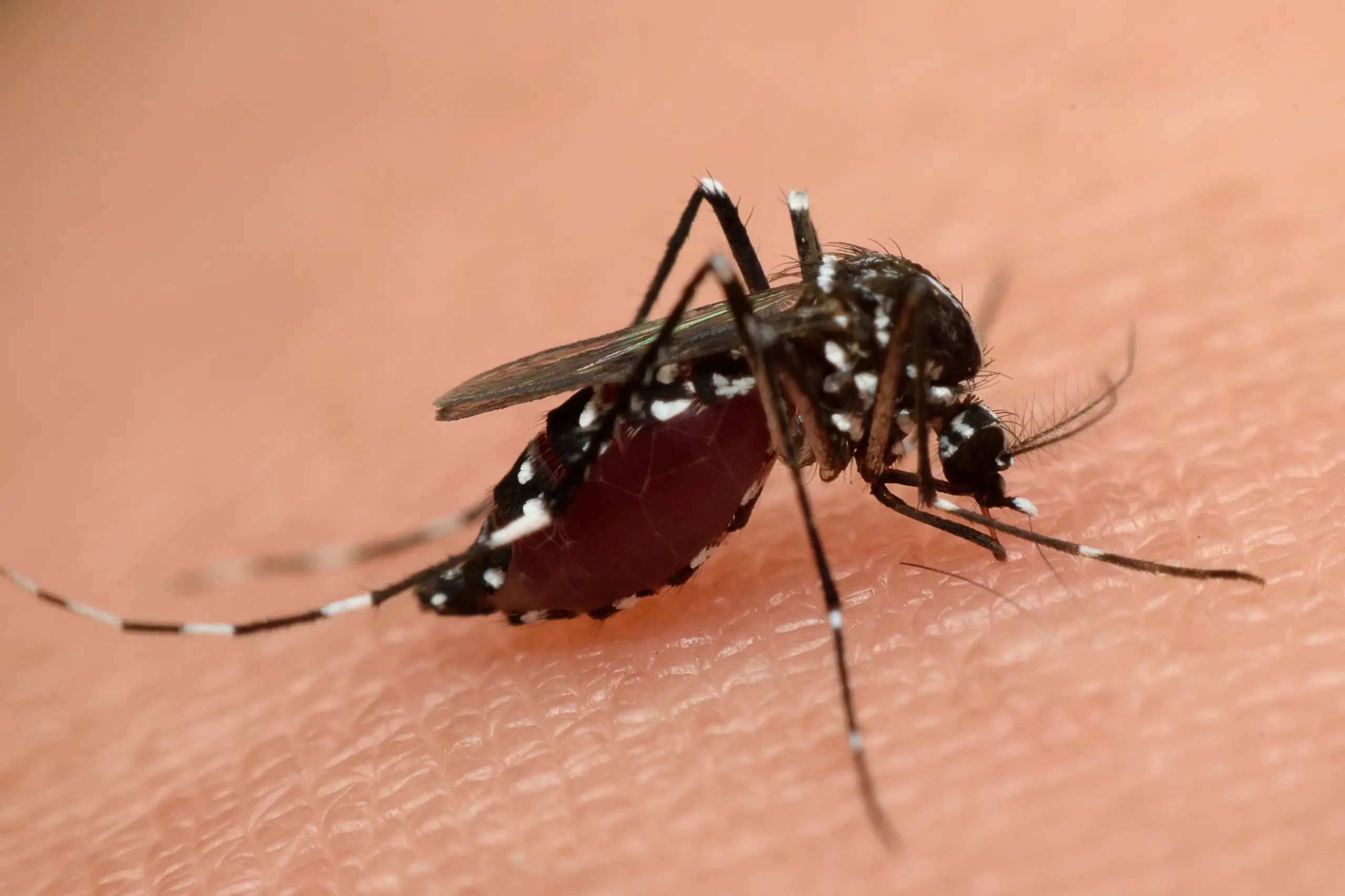Florida Approved Release Of 750 Million Genetically Engineered Mosquitoes
Tags: News

The Florida Keys Mosquito Control District (FKMCD) has recently allowed genetically engineered mosquitoes to be released in the area. This is the first time in the country that genetically modified insects are being released with a fixed purpose. 750 million genetically engineered mosquitoes will be released in Monroe County, Florida. The exercise will start in 2021 and go on for two years.
The public has been vocal against this step and there are some science-backed risks to human health and the environment as well. They KFMCD has received over 2000 comments from local residents concerned about the step. The public also asked for a referendum on November votes where Monroe residents could vote to accept or reject the trial. Back in 2016, Key Haven residents chose this method to reject the release of genetically engineered mosquitoes. But the Mosquito Control Board members rejected this as well.
The Oxitec Plan
Oxitec, the company in charge of modifying the mosquitoes, did not include any specific details about an environmental impact statement (EIS). They are using male Aedes aegypti mosquitoes. The modified ones are known as OX5034.
Aedes aegypti spread life-threatening diseases to humans like Zika, dengue, chikungunya, yellow fever, etc. But only the female ones bite humans and use the blood to reproduce. So Oxitec has proposed to release the male genetically engineered mosquitoes who will then breed with wild females. These males will carry a protein that kills female offsprings before they reach mature biting age. According to the plan, male mosquitoes, that only feed on nectar, will survive to pass on the genes. Over time, as the population of the biting mosquitoes decreases, the spread of diseases would also diminish. The Aedes aegypti mosquitoes in the Florida Keys have become resistant to pesticides.
Jaydee Hanson commented the county is not ready to deal with this “Jurassic Park experiment” in the midst of a pandemic, climate change, and other problems. Hanson is the Policy Director of the International Center for Technology Assessment and Center for Food Safety. He strongly expressed his opposition to the fact that EPA has “unlawfully refused” to analyze the environmental risks associated.
Concerns Against The Genetically Engineered Mosquitoes
Barry Wray has said that the FKMCD has an obligation to the community and they should not behave like vendors selling untrustworthy products. He is the Executive Director of the Florida Keys Environmental Coalition. According to Wray, the Mosquito Control Board should assess the damages this trial might cause to the local economy, apart from public and environmental health.
In a meeting held last Tuesday, stakeholders critiqued how Oxitec had been allowed to go on without assessing risk factors. FKMCD was requested to cancel the trial of releasing the genetically engineered mosquitoes. This was based on the fact that there was not enough data to demonstrate the safety and effectiveness of the trial.
Dana Perls, food and technology Program Manager at Friends of the Earth, commented, “This approval is about maximizing Oxitec’s profits, not about the pressing need to address mosquito-borne diseases.”
While FKMCD is eager to reduce mosquito-borne diseases in the area, scientists have expressed their concerns against this step. They are of the opinion that the genetically engineered mosquitoes could breed to create hybrid mosquitoes that would worsen the situation. These hybrid wild mosquitoes would probably be more resistant to the current insecticides too.
Researchers from the Powell Lab, Yale University, recently conducted a field study in Brazil. They confirmed that the genetically engineered mosquitoes released there had shared their modified genes with their wild counterparts. Scholars from the University of Illinois also questioned the release of the genetically engineered mosquitoes on ethical and scientific concerns.
IMAGE FEATURED: Vasuta Thitayarak
Leave Comment: